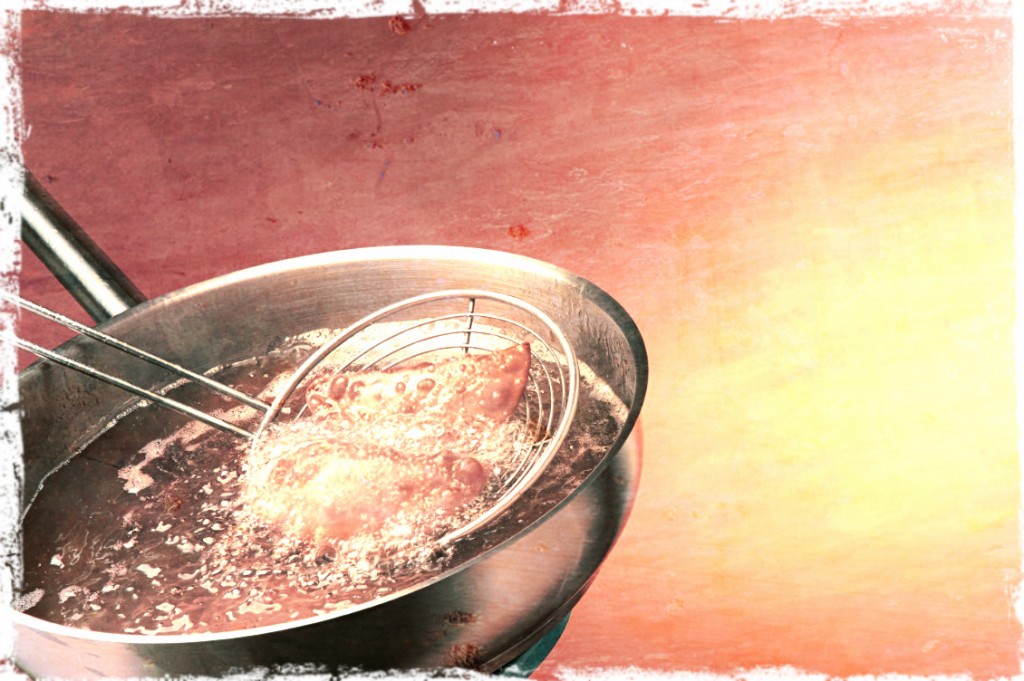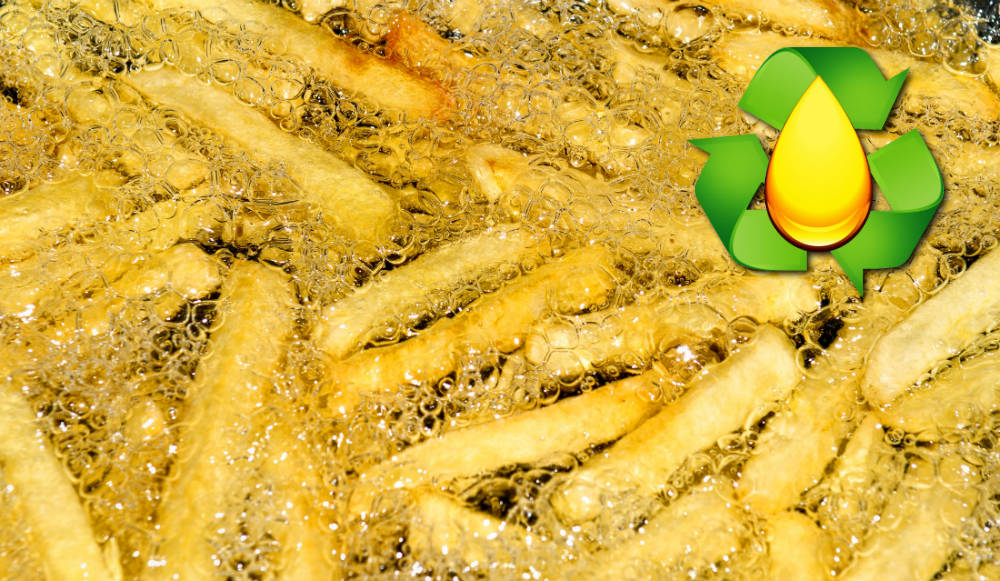Recycling is a practice that has been gaining more and more prominence in society, especially when we talk about cooking oil. This waste, so common in kitchens throughout the country, can become a major villain for the environment if it is not disposed of correctly. Fortunately, initiatives like the one from the Triângulo Institute are transforming used cooking oil into an opportunity to generate income, create jobs and, of course, protect the environment.

The Mission of the Triangle Institute
The Triângulo Institute is an NGO dedicated to recycling cooking oil, playing a crucial role in raising awareness and managing this waste. The NGO does admirable work that goes far beyond simply collecting oil. They follow a well-structured process that involves collecting, treating and transforming cooking oil into useful products, such as soap.
The video shown by TV Gazeta de São Paulo, lasting 3 minutes and 20 seconds, is a great example of how the Triângulo Institute works. It demonstrates the steps in the cooking oil recycling process, from collection to transformation into soap. This process not only prevents the oil from being disposed of inappropriately, but also generates jobs and income for many people involved in the recycling chain.
Turning Cooking Oil into Soap
One of the most interesting stages of the work carried out by the Triângulo Institute is the transformation of cooking oil into soap. The video details how this process is carried out, showing that, with a few simple steps, it is possible to transform a waste that would be harmful to the environment into a useful cleaning product for everyday life.
This homemade recipe for turning cooking oil into soap is a practical way to involve the community in the recycling process. In addition to reducing environmental impact, this practice helps save money, as homemade soap can replace commercial cleaning products. Not to mention that it is a sustainable way to reuse a material that could otherwise cause great harm to the environment.
Why Recycle Cooking Oil?
Improper disposal of cooking oil is a serious problem that directly affects the environment. When thrown down the sink drain, for example, oil can clog pipes and generate high costs for water treatment at sewage plants. In addition, cooking oil that ends up in rivers and seas forms a surface layer that prevents oxygen exchange, harming aquatic life.
Recycling cooking oil is a practical and efficient solution to this problem. In addition to preventing environmental damage, recycling oil helps reduce the amount of solid waste in landfills and reduces the need to extract raw materials to produce new products. By transforming cooking oil into soap, the Triângulo Institute contributes to reducing environmental impact and creating a sustainable cycle of resource reuse.
Economic and Environmental Benefits
The work carried out by the Triângulo Institute in recycling cooking oil brings a series of benefits, both economic and environmental. Job creation is one of the main positive impacts of this initiative. From collecting the oil to making soap, many people are involved in this process, creating job and income opportunities for many families.
Additionally, making soap from recycled cooking oil reduces the need for new cleaning products, which in turn reduces the demand for raw materials and production costs. This generates significant savings for both consumers and businesses.
From an environmental perspective, recycling cooking oil helps preserve natural resources and reduce pollution. By preventing oil from being disposed of inappropriately, initiatives such as the one by the Triângulo Institute help protect biodiversity and ensure the quality of water and soil.
How to Participate and Contribute to Recycling
Participating in the cooking oil recycling process is simpler than it seems. The first step is to collect the used oil in suitable containers, such as PET bottles. The oil should not be thrown down the drain or in the regular trash, as this can harm the environment and hinder the recycling process.
Once collected, cooking oil can be delivered to collection points or directly to institutions such as the Triângulo Institute, which take charge of the entire recycling process. Some companies and NGOs offer collection programs that make it even easier for the community to participate in this sustainable cycle.
By contributing to the recycling of cooking oil, you will be helping to reduce environmental impact, promoting the circular economy and supporting initiatives that generate employment and income. Small actions, such as separating used oil, can make a big difference to the environment and society as a whole.
Future Projections
Recycling cooking oil is an essential practice for preserving the environment and promoting sustainable development. Initiatives such as the one by the Triângulo Institute show that it is possible to transform a problematic waste into an opportunity to generate income, create jobs and protect the planet.
By adopting conscious habits and participating in the recycling process, you contribute to building a more sustainable future and protecting natural resources. In addition, by transforming cooking oil into useful products, such as soap, you help reduce waste and promote the circular economy.
Recycling cooking oil is a simple action, but it can have a significant impact on the environment and on the lives of many people. So do your part: recycle, reuse and help build a better world for future generations.
Check out other interesting facts about recycling clicking here.
Learn how to make art by recycling, Click here.
Summary




Congratulations on the initiative that these ideas can cross borders.
I have been producing liquid soap using artisanal methods using used oil. The oil produced by chicken roasting machines is very dense and can be used to make wonderful soap.
Recycling means being aware that we are part of this planet that needs to be preserved.